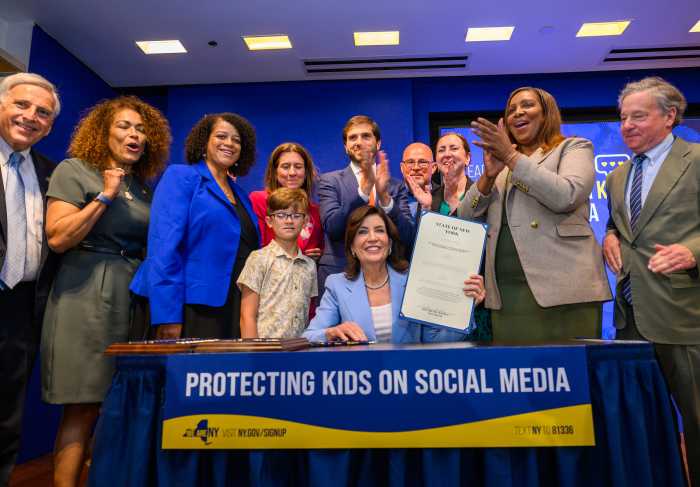My 17-year-old daughter lied to me. And it wasn’t a little “I-finished-my-homework-but-really-didn’t” kind of lie, but a nice big whopper.
When I found out, I immediately started thinking of gruesome penalties, regretting that we don’t have a dungeon. Should I ground her until the end of high school? Give her no allowance for months? Require her to wake up early or stay up late doing chores? The endless options delighted me.
I felt hurt and angry because my first reaction was that she had done something hurtful to me.
The way I see it, parenting is personal. I’m her dad, not some random person who hasn’t known her every day of her life. From her side, though, it might be more complicated.
Obviously, she knows I’m her father, but I’m also the authority and enforcer. It is entirely possible that in that hormone-addled, not-fully-formed adolescent brain of hers, she didn’t even think of me. She wanted to do something and thought that if she asked I might say “No.” Instead, she just did what she wanted, perhaps even creating some excuse in her mind uisng twisted teenage logic.
When I put it that way, the situation feels more like something out of an old sitcom, like “The Andy Griffith Show” or “My Three Sons” where the kid tells a lie that doesn’t seem like such a big deal in the moment, has humorously unexpected consequences and, of course, gets caught in the end.
Those television dads would wisely and calmly find a lesson in the situation without feeling betrayed. They would nod knowingly at their child, acknowledging the crazy thinking of youth. The world of the television dads is not the real world, however, where emotions often get the best of us.
A dad is different than a teacher, coach, or boss, yet at moments there are similarities. Imagine a teacher telling a student, “I’m so hurt you didn’t turn your paper in on time — I can’t believe you’d do this to me.”
Ridiculous, right? I guess I need to think about her action and not my reaction. My feelings may be bruised, but hopefully I have enough perspective to handle them.
I’m trying to think this through, remembering it is not about me. The issues are trust and responsibility — these are the things my daughter needs to face up to. My job is to figure out how to help her learn something from her misguided choice.
I may want to punish her and revenge my injured ego, but that won’t do either of us any good in the end. Just as I need to trust her, she needs to trust me, that I’ll treat her thoughtfully, respectfully, and with love. In this case, that means setting aside my emotions as we talk about what happened.
If she does this to me again, though, watch out.
I’m sure someone has a dungeon I can rent out for a few years.

























